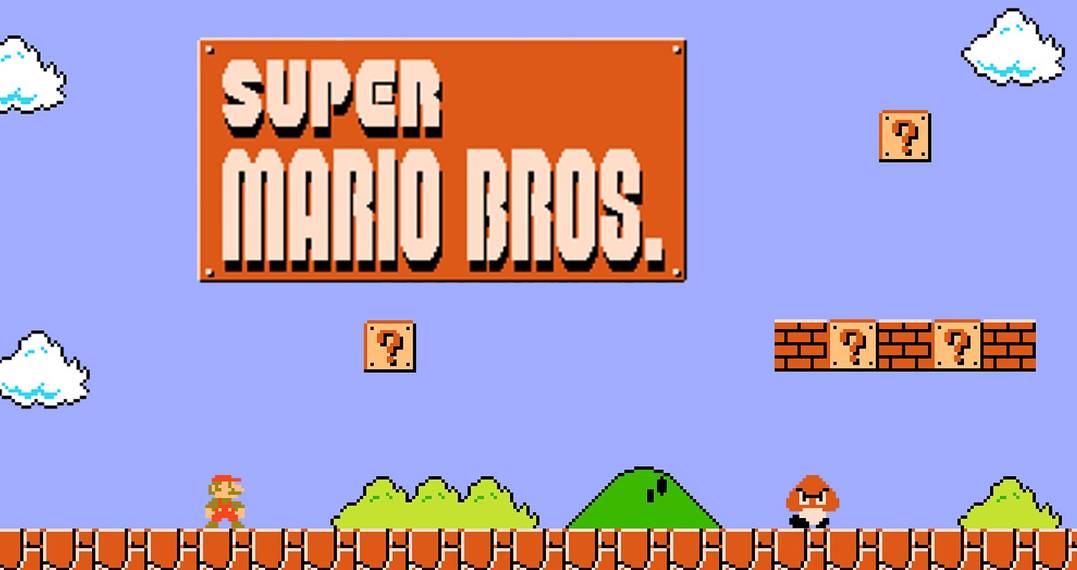
As I was waiting for the download of Super Mario Bros to finish, I found myself humming the game’s iconic theme tune, Overworld by Konji Kondo. If you asked me to recall the soundtrack of a game (Apart from Dota 2, a game which I have played for 10 years), the only one that would come to mind would be Super Mario Bro’s. This was strange. I have never played Super Mario Bros (1985) before in my life. Although I have had exposure to a few games from the same franchise (thus shared the same soundtrack), these were fleeting experiences lasting no longer than a few hours. There are several games which I have logged more hours on but fail to remember the soundtrack. Why was this?
First and foremost, the popularity of the Super Mario franchise is undoubtedly one of the key factors in spreading its music. A poll by YouGovAmerica (2022) listed Super Mario Bro as the most ‘famous game’ in the US. Super Mario Bros’ sustained presence in the pop culture of several generations likely contributed to the ease of recognition and recall of its soundtrack.
Perhaps more interestingly, however, is that prior to Super Mario Bro’s release in 1985, music in gaming was “treated as an afterthought as developers felt it had little effect on game design. However, Konji Kondo felt differently. He felt that music had an integral part to play in creating a “visceral connection between what players hear, see, and feel” (Schartmann, 2019). For example, in the underwater levels, Kondo composed a waltz for the background music in order to impress a sense that the player is dancing through water, gliding past the multitude of enemies, who’s animations were synced to the beat of the music (see clip below). Not only was the soundtrack designed to enhance the player’s experience by immersing the player, the music also served to assist the player and help them time their movement.
This connection between music, game design, and game mechanics might be what is allowing us to remember the soundtrack of certain games better than others. The fact that we can actively engage with multiple mediums when playing the game could help a soundtrack become more memorable. We don’t have to only rely on sight to receive information, we can use sound too. After Super Mario Bros, sound in games developed to no longer just be, as Konji Kondo put it, “music wallpaper.”
Andrew Schartmann. “How Nintendo Changed the Course of Music History.” Frieze. Accessed October 16, 2022. https://www.frieze.com/article/nintendo-music-super-mario-bros-metroid-game-soundtrack.

Mass, I really like your observation on how the theme music of Mario Bros stuck to your mind for so long. As you pointed out, soundtrack has been viewed more as a supplement to games rather than the focus (except music games). If space and interactivity are so crucial to games, what about music? Is it possible to publish a game that centers on players’ interaction with sounds?